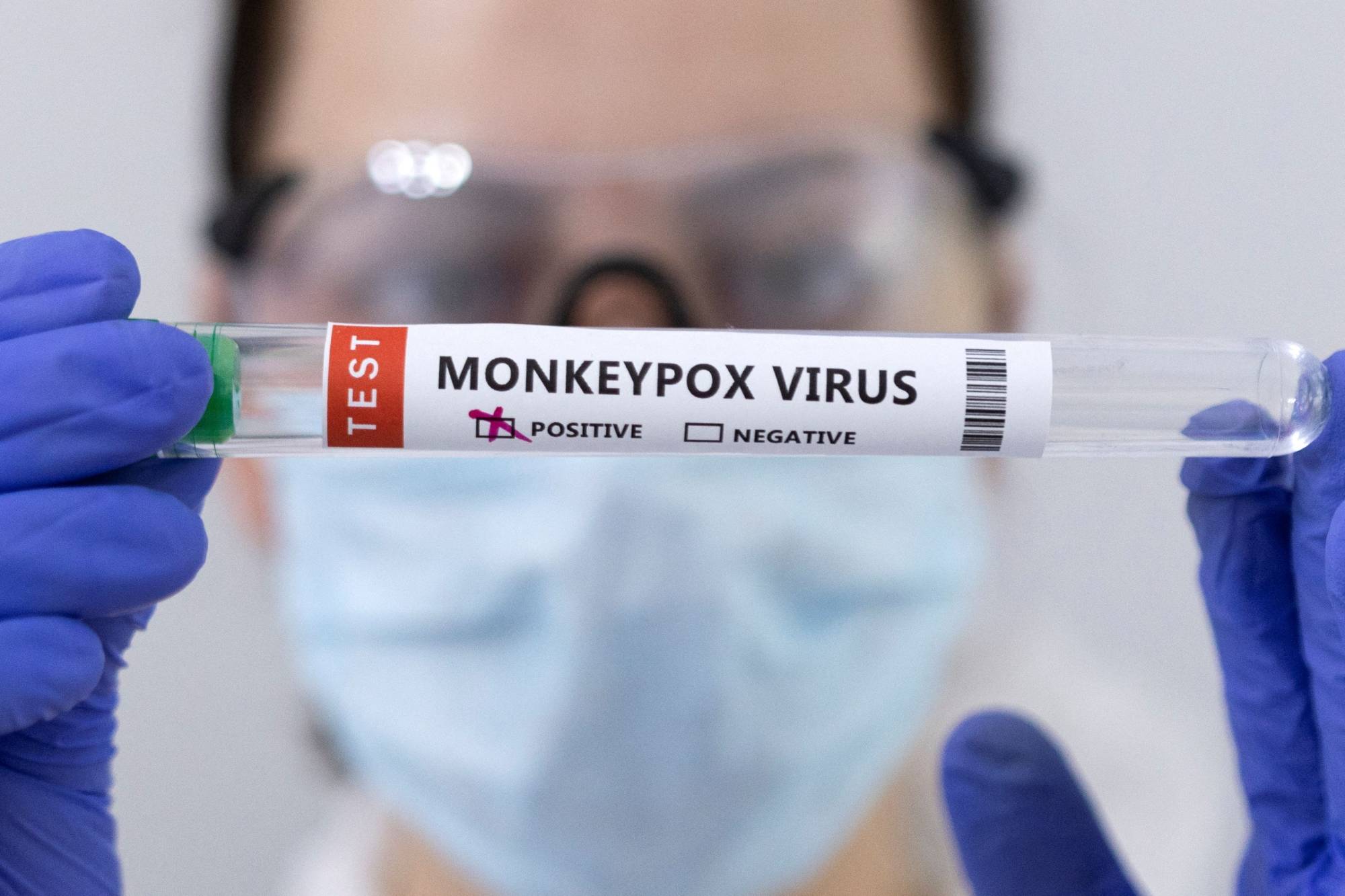In just the past few weeks, at least 92 confirmed and 28 suspected cases of monkeypox have been reported across Europe, Canada, Israel, the U.S. and Australia. And that number stands to grow as surveillance expands, Maria Van Kerkhove of the World Health Organization said recently.
This is concerning, but no reason for anyone to panic. The global response to these case clusters is so far working as it should. Scientists are sequencing and analyzing the genes of virus samples. Public health agencies are tracking down people who might have been exposed. Education efforts are under way to make health care workers and any vulnerable communities aware of the outbreak. And governments are preparing to deploy vaccines and antivirals as needed.
Nevertheless, the curious cases raise questions about why this transmission is happening now and who is at risk. Here’s what’s known so far:



















With your current subscription plan you can comment on stories. However, before writing your first comment, please create a display name in the Profile section of your subscriber account page.